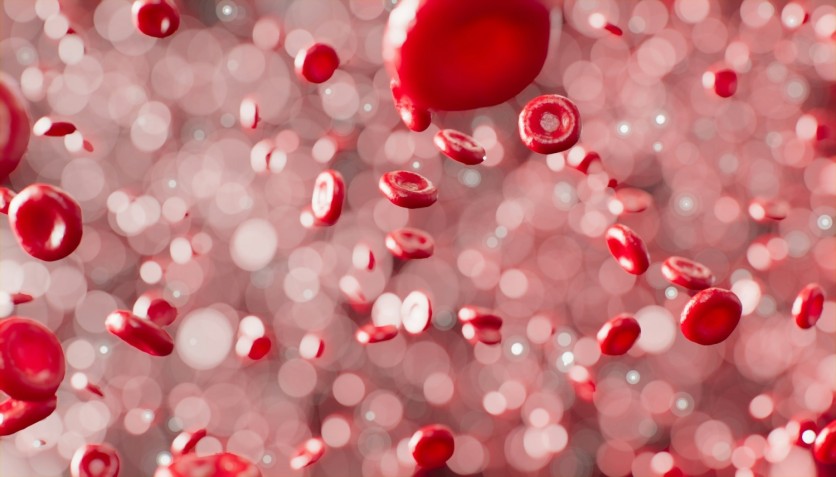Recent research conducted by scientists from Washington State University discusses the unsettling attraction certain disease-causing bacteria have toward human blood.
These bacteria, including strains of Escherichia coli, exhibit a chemical affinity for the serum in our blood, suggesting a predatory relationship that may contribute to sepsis, a condition when a body improperly responds to an infection.
What Bacteria Loves in Human Blood

Never in our wildest dreams that a bacteria can become hungry for a particular matter in our blood. Just imagine how a vampire responds when it sees your throbbing neck, waiting to get bitten in an instant. The new study shares a similar analogy with this.
According to Gizmodo, the research aimed to investigate bacteremia, a condition where bacteria invade the bloodstream from other parts of the body.
While bacteremia is often harmless, it can escalate into sepsis, a severe inflammatory response that poses a significant risk of organ damage and death. The team focused on three bacteria commonly associated with bacteremia: non-typhoidal Salmonella enterica, Citrobacter koseri, and E. coli.
Related Article : First AI-Powered Diagnostic Tool For Sepsis Gets Greenlight From FDA
Experimental Approach
Using strains of bacteria obtained from actual patients, the researchers conducted experiments to understand their behavior in response to human blood serum. They utilized a specialized microfluidics device to simulate intestinal bleeding and introduce serum into the bacteria's environment.
Chemotaxis and Feeding Behavior
The findings revealed that the bacteria exhibited rapid chemotaxis, detecting and moving towards even minute traces of blood serum within seconds. Additionally, experiments with Salmonella suggested that the bacteria's locomotion was guided by the presence of L-serine, an amino acid abundant in serum. Moreover, the bacteria demonstrated the ability to feed on the serum, highlighting their adaptation to exploit human blood as a nutrient source.
Bacteria Can Be Vampires Too
Described as "bacterial vampirism" by the researchers, this strange phenomenon offers insights into the pathogenesis of bloodstream infections.
By unraveling the mechanisms underlying bacterial attraction to human blood, the study paves the way for potential interventions to prevent and treat bacteremia and sepsis.
"By learning how these bacteria are able to detect sources of blood, in the future we could develop new drugs that block this ability. These medicines could improve the lives and health of people with IBD who are at high risk for bloodstream infections," Siena Glenn, a PhD student at WSU and a study's lead author said in a statement.
The authors hope that continued research in this area will lead to an effective approach aimed at protecting against bacterial invasion and its detrimental consequences on human health.
The study titled "Bacterial vampirism mediated through taxis to serum" can be accessed on eLife.
In other health news, a recent survey says that generative AI can spell a huge difference in the field of healthcare. 4 out of 5 physicians in the US agreed that the new technology can improve doctor-patient interaction.
Read also: Young Blood Donors Urgently Needed: Pandemic and New Rules Cause Alarming Drop in Donations

ⓒ 2025 TECHTIMES.com All rights reserved. Do not reproduce without permission.




